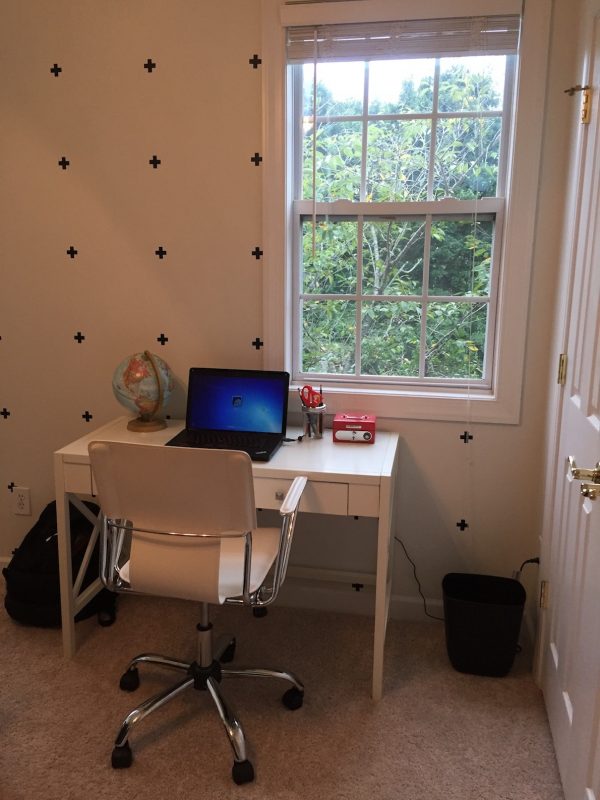This article, written over a year ago now, is timely. I’ve been looking for jobs for next year. Looking for jobs isn’t fun. It’s an exercise in humility, effort, and rejection required to be undertaken daily. One of the reasons I blog is to remind myself of lessons I’ve learned that I can easily forget as time goes on. I wish that I could learn a lesson once and internalize it forever. Alas, these life lessons are to be learned over and over again.
As educators, wrote an article I recently read, we must teach our students the relationship between effort and achievement. That is to say, there is a direct correlation between the effort we expend on a particular endeavor and the likelihood that we’ll have success in said endeavor.

This may sound like a basic concept, but, like so many basic concepts, once you take a minute to unpack it, it has profound implications.
The more effort I put into something, the more likely I am to have good results.
Many times, I water that advice down in my head. I pretend there’s not a direct correlation between my level of effort and my achievements: “I’ll just run three times this week instead of four. I’ll skip the mid-range run.” Every time I skip a mid-range 6-mile run, my longer 10-12 mile run is super painful and I’m slower. Over an entire training period, that means I’ll run (even) slower on race day.
“I’m tired, so I’ll wake up at 6am instead of 5am. I can still write a blog post.” That’s when I publish 2 posts per week, not three. Over time, I notice my page views slipping and readership going down.
“I’ll just wing it in class, instead of preparing a lesson plan for the week. I can prep before class each day.” My classes are not as good, I’m scrambling for activities to fill the time, and over time, my students don’t make as much progress learning English.
The truth is, consistent, daily effort pays off. It pays off in life, and it pays off (literally) when you’re working towards financial independence.
Making More Money
In the past two and a half years, I have expended a great deal of effort towards my new career–ESOL Teacher. When I started teaching in September of 2015, I knew very little about teaching English. I worked very hard to network with other teachers, observe their lessons, ask questions, and take copious notes. I started a Master’s Degree in Teaching English to Speakers of Other Languages, and many nights and weekends were spent reading, on our online classroom, or in class, an hour and a half away. Continue reading “Effort, Achievement, and FI”













